
Everything In Switzerland Costs A Fortune
As if this article weren’t long enough already – I will not lengthen it unnecessarily by having a complete discussion of pricing and Swiss watches. That is another topic altogether, but it is true that a major component of the Swiss watch buying experience is a high price. In fact, while there are “cheaper” Swiss watches, I often don’t recommend these as there isn’t nearly enough (in my opinion) of the Swiss watch experience in them. Why are they cheaper? Well, as I mentioned above, usually because most of the parts are produced elsewhere. What I do want to discuss is the fact that everything in Switzerland is ungodly expensive by outsider standards. So when you look at the high price of a good Swiss watch you must remember the high price of producing it inside of Switzerland.
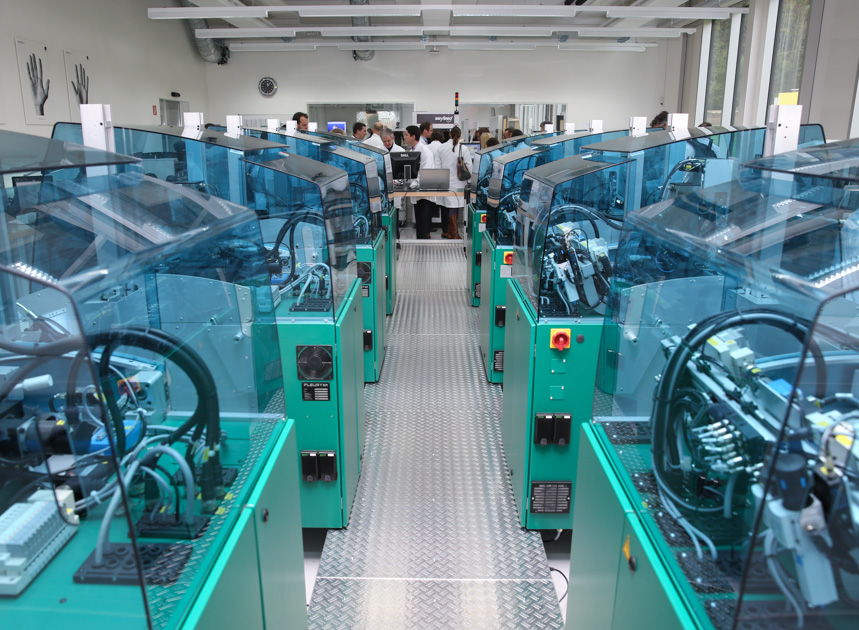
What really costs so much money in Switzerland is human labor. In some sense, the culture trains people to do things themselves because having other people do it costs so much. In my opinion, this is actually linked to the Calvinist upbringing, where thriftiness is valued, but so is hard work and human labor. Thus, Switzerland more or less wants you to do things yourself, but if you don’t or can’t, you’ll pay a hefty premium for it.

Also mentioned above was the fact that historically watches and clocks were exclusively luxury items. It was not until the 19th century (for the most part, even though England in the 18th century was instrumental in democratizing the pocket watch) that watches were affordable to more middle-income people. Still, having a watch was an expensive endeavor and for a lot of the Swiss watch history, they were making time-telling tools for the very wealthy. This instilled in the culture that a Swiss watch was a luxury item, and that other countries would be the ones to produce watches at lower prices.
When the United States became the most important producer of watches during the late 19th and early 20th centuries, the Swiss watch industry didn’t even attempt really compete in the North American market. Rather, they stayed the course producing a low volume of high-effort watches for rich people (despite there being documented cases of people within the Swiss watch industry toward the end of the 19th century who advocated for use of such innovative new technologies such as large machinery and advertising…). Thus, for much of its history, Switzerland was a producer of luxury watches, which is why today they are still so focused on the idea of producing luxury watches. The real problem Switzerland has faced over the last decade or so is that they have produced far too many “luxury watches,” and eroded the very fabric of what that even means.
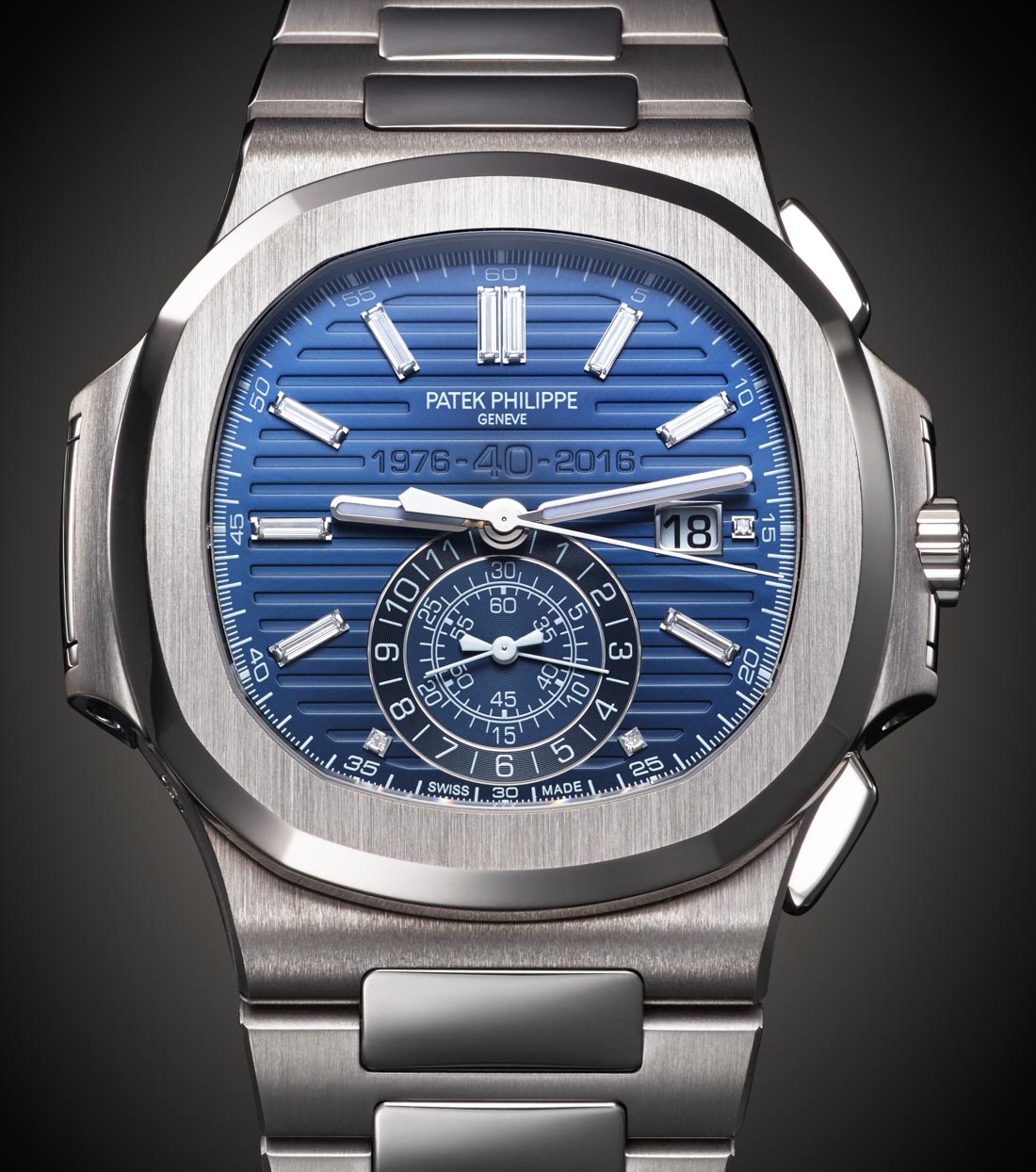
Nevertheless, watch lovers interested in Swiss watches quickly educate themselves on the better Swiss watch brands in order to separate the authentically good stuff from that which is only “luxury” according to marketing materials. Going back to the original topic, it is not complete smoke and mirrors that a good Swiss watch costs a lot of money.
Why? It isn’t just that parts and machining cost a lot of money in Switzerland and such costs must be passed to consumers. It is also the fact that, as I noted, human labor costs a lot of money. While prices can often be bloated, watch consumers must take into consideration that because Switzerland produces watches in “traditional ways” with lots of hours and high labor costs going into each watch, such costs will invariably be passed down to consumers. None of that is to say that there isn’t rampant over-pricing in the watch industry, because there is. This is often because many watch brands are owned by large groups that tend to push brands to improve profitability and growth even more.
Is it realistic to expect growth in an industry where taking time and selling beautiful artistic tools is the point? I don’t really think so, but then again, I’ve never advised anyone to buy a watch company. The best of these companies are run by people who have passion for the art form, not profit churners. It’s the people who go into the watch industry expecting to see double-digit growth year on year who are responsible for inflated prices that many consumers complain about these days. Nevertheless, even if watch prices fell across the board (which they have just started to, actually) a good Swiss watch will almost by definition have to cost a lot of money.
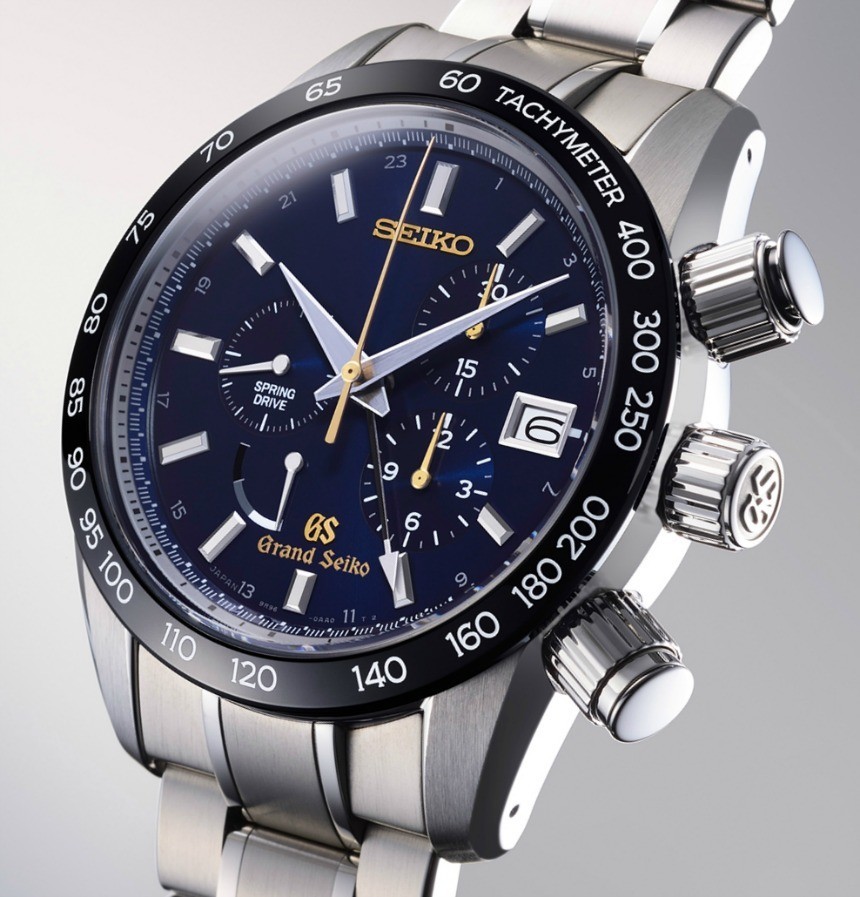
Once In A While Other Countries Make Good Watches Too
The Swiss have a tenuous relationship with the idea that other countries make watches too. As I said, given the close proximity of places such as France, Germany, England, and Italy, there is general acceptance that these places (and few others) can (sometimes) contribute to an overall high-brow watchmaking universe. With that said, it is generally tough to convince the Swiss that products from other countries, despite having “shared values,” can proudly exist within the same pantheon of “high horology” that is generally curated to maintain a high degree of Swissness.
Much of this is practical protectionism because what Switzerland is able to achieve with its carefully maintained industry isn’t easy – and they don’t want to share it with anyone else. I understand that. More generally, the popular disinterest in including other watchmaking countries (such as Japan, for instance) into their club is because the Swiss haven’t been convinced yet of their legitimacy, for one thing, and secondly, that their watchmaking values are exactly in line with the values that Switzerland has.

Switzerland seems to primarily respect those countries who can exhibit the same type of “cultured” approach to producing both useful and beautiful watches. Just one of those qualities is simply not enough, and remember what I discussed earlier about legitimization. Until (if at all) a place legitimizes itself to the delicate standards of the Swiss people, they will more or less be put in an inferior position. Is this elitist? You bet it is, but this is the luxury industry we are talking about – it is more or less founded on elitism.
My message to consumers is that what often happens psychologically is a tendency for watch buyers (before selecting a new watch) to think to themselves “would this watch pass Swiss watch industry snobbery muster?” No, those aren’t the exact words most people would use, but it does quite accurately represent the decision-making process in many people’s heads.

Of course, the beauty of today’s consumer-friendly world is that we have choices, and we have information. So no one is actually limited to considering what products would get a nod from some type of buttoned-up, archetypal Swiss watch retailer. There is just so much freedom of choice and good watches produced all over the world (regardless of whether or not the Swiss accept them as such). With that said, there are valuable lessons to learn from Swiss watchmaking snobbery because, at the heart of it, they are applying values that most good watches should have.
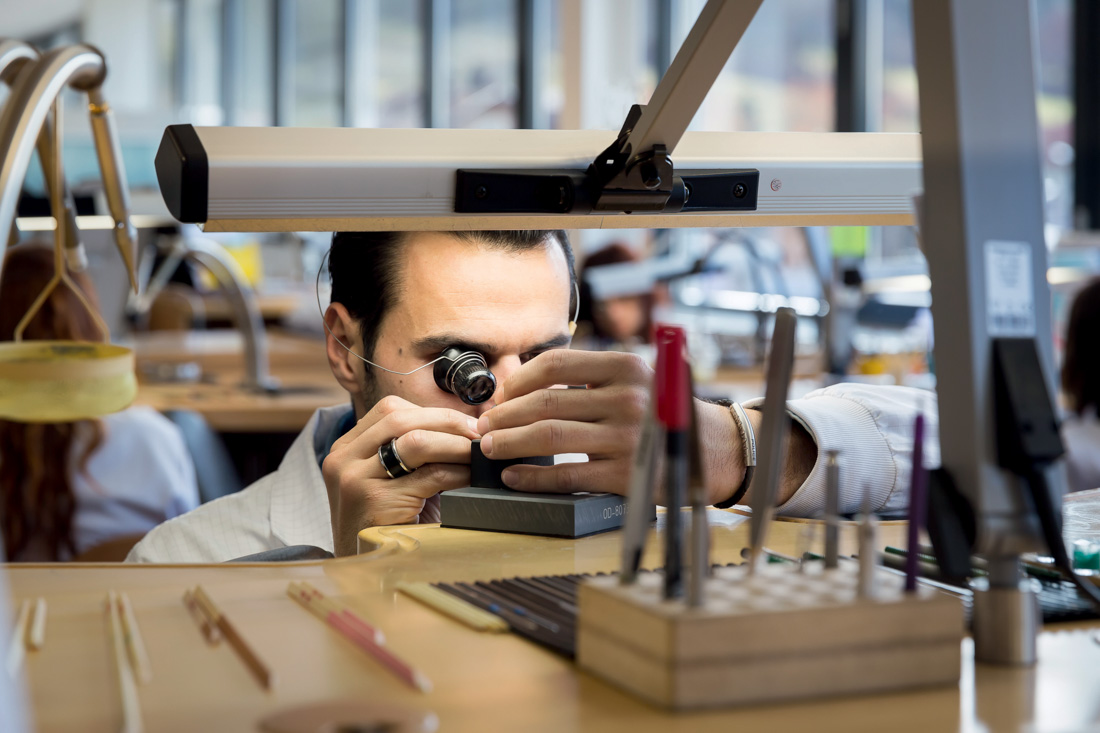
Swiss Watches Will Live Longer Than You, But Have Expensive Medical Bills
Good Swiss watches are made to last – both mechanically and stylistically. The idea that a timepiece you buy today should be serviceable in the future is a core tenet of Swiss watch values. This is also why we see so much conservative design. You’ve never known Switzerland to be a risk tolerant place (in any way) so that should help explain why conservatism runs deep in the watch industry as well. This is manifested in numerous ways – both very positive and very negative – in the watch industry. But at its best, it results in timepieces that should prove as interesting, or as boring, tomorrow as they are today.
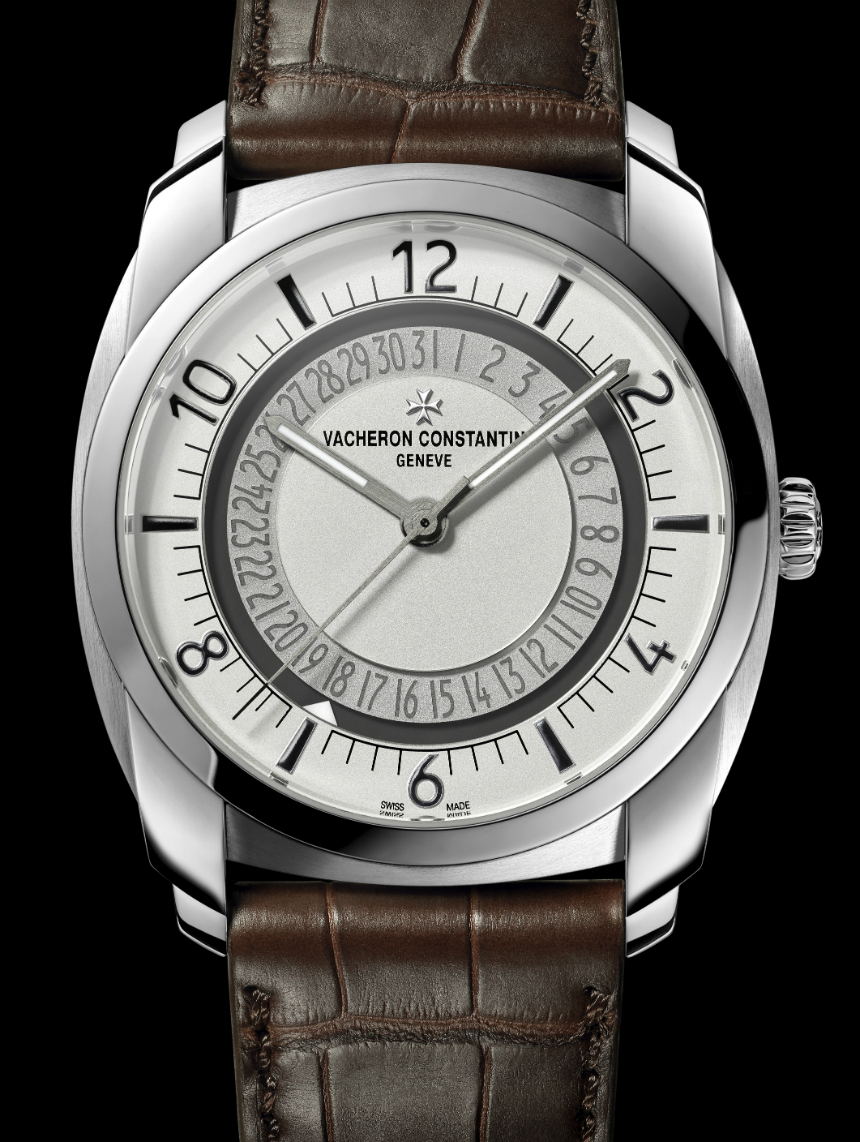
The Swiss watch industry has also cleverly borrowed from the Swiss banking industry when it comes to promoting the idea that watches are valuable investments. The popular marketing slogan from Patek Philippe that “you never actually own a Patek Philippe, you merely look after it for the next generation” is precisely what the private banking industry has been promising their clients for many years. What is impressive to me is how the Swiss watch industry was able to transfer this notion from something as obviously future relevant as money, to mechanical timepieces.

In addition to Swiss watches ideally looking good on your wrist now and in the future, they should also be operational. If they aren’t, then you’ll need to get them repaired. Another core part of the Swiss watch-owning experience is the pain a watch’s owner must feel in tandem with that of the watch when it needs to be repaired. So important (and clearly I’m being a bit facetious here) is it that the bond between watch and owner be respected, that the monetary cost of getting a watch repaired is a bittersweet reminder of a good percentage of its purchase price. It’s really the luxury experience that just keeps on giving, now, and into the future.
The purpose of this article was to explain a little bit of what I’ve experienced of the Swiss watchmaking culture, and how those values translate into products that are famous around the world unlike almost anything else in our consumer culture today. Switzerland knows that its particular cultural strengths are also often its most frustrating quirks. The culture and tightly maintained lifestyle in Switzerland together result in a unique recipe that makes for the ongoing creation of beautiful, well-made timepieces that are generally more valued as art and craftsmanship than as tools. It’s the application of time-honored artistic techniques to useful, long-lasting objects which is at the core of the Swiss production mentality, and why we continue to have so many interesting timepieces to keep talking about, lusting for, and once in a while, being able to actually acquire.

